Wu Feng, Elizabeth and James E. Turner Jr. Faculty Fellow, and colleagues Adrian Sandu (CS), Eric DeSturler (Math), Chris Roy (AOE), and Danesh Tafti (ME) received funding from AFOSR for a project entitled “A Deep-Learning Approach towards Auto-Tuning CFD Codes”.

◊◊◊◊◊◊
Francisco Servant’s paper was accepted in the International Conference of Software Engineering 2017: Francisco Servant, James A. Jones, “Fuzzy Fine-grained Code-history Analysis”. Proceedings of the 39th International Conference on Software Engineering (ICSE 2017), Buenos Aires, Argentina, May 2017. Dr. Servant also gave a talk about his research at Virginia Commonwealth University.
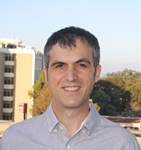
◊◊◊◊◊◊
Chris North, professor and associate director of the Discovery Analytics Center, along with colleagues Naren Ramakrishnan and Nicholas Polys received new funding from General Dynamics for a project entitled “CHITA: Computer Human Interactive Text Analytics”.
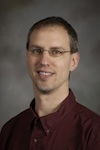
◊◊◊◊◊◊
Ing-Ray Chen, along with his U.S. Army Research Laboratory (ARL) collaborators Dr. Jin-Hee Cho and Dr. Ananthram Swami, won the 2016 ARL Publication Award. The award ceremony was held on 11/8/2016 at the U.S. Army Research Laboratory in Adelphi, MD. This award goes to Dr. Chen for his outstanding contributions toward a group effort on the publication “A Survey of Trust Management for Mobile Ad Hoc Networks”. This publication provides a survey of trust management schemes developed for Mobile Ad Hoc Networks (MANETs) and discusses generally accepted classifications, potential metrics, and trust metrics in MANETs. Future research areas on trust management in MANETs based on the concept of social and cognitive networks are also discussed in this publication. The team’s outstanding contributions reflect great credit upon them, the U.S. Army Research Laboratory, the U.S. Army Research, Development and Engineering Command, and the Department of the Army.

◊◊◊◊◊◊
Eli Tilevich, associate professor in the Department of Computer Science and Charles Nichols in the School of Performing Arts have received a $10,000 grant from the Institute for Critical Technology and Applied Science (ICTAS) to create a Research Experiences for Undergraduates program that will focus on computational exploration of music performance and composition.
The goal of the program is to introduce undergraduates, with interests and background in both computing and music, in multidisciplinary research that creates computational and artistic approaches for exploring musical scores, with possible applications for automated performance guidance and advanced musical analysis.
Read More
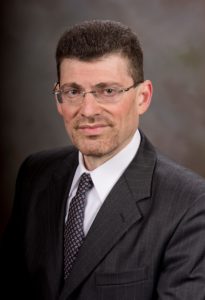
◊◊◊◊◊◊
Ed Fox took part in the Coordinated, Behaviorally-Aware Recovery for Transportation & Power Disruptions project. Read More
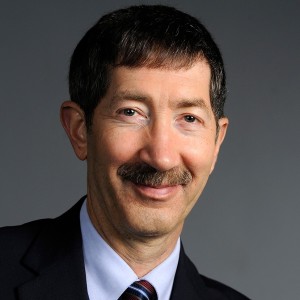
◊◊◊◊◊◊
Daphne Yao and Xiaokui Shu from IBM Research gave a 1.5-hour-long tutorial at the 23rd ACM Computer and Communications Security (CCS) Conference at the Hofburg Palace in Vienna, Austria on October 25th. The tutorial is on program anomaly detection techniques, specifically how to use data analytic and program analysis methods to accurately predict anomalous behaviors of complex software and protect critical systems against zero-day exploits. ACM CCS is a top computer security conference with record breaking 1,000+ attendees this year. The Yao group is one of the leading research groups on systematizing and democratizing data-driven security techniques for programs. Xiaokui is a former PhD student of Dr. Yao, who graduated in the spring of 2016.
A video of the tutorial can be found on YouTube.
https://www.youtube.com/watch?v=qB9VEQ0pisY&list=PLDJxfCuZwWGBxRnEgQhwDPsLI6oyGdeUu
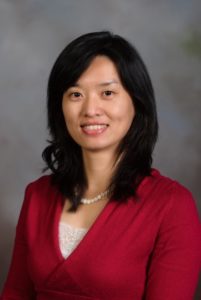
◊◊◊◊◊◊
Lenwood Heath gave the Clavius Distinguished Lecture in the Department of Computer and Information Science at Fordham University in New York City on Thursday, November 10. Read More

◊◊◊◊◊◊
Kirk Cameron (PI) and co-PIs Ali Butt, Yili Hong, Layne Watson, Danfeng Yao, and Godmar Back received funding for a significant new project entitled, “VarSys: Managing variability in high-performance computing systems.” This high-profile award will allow the PIs and their students to pursue important research in systems, and add to the visibility of stack@cs and the CS department. Read More

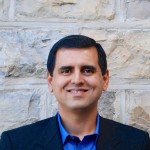
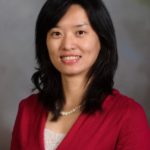
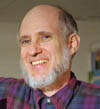

◊◊◊◊◊◊
Daphne Yao and her collaborator at Texas A&M Chemical Engineering Department, Victor Ugaz, are excited to start their new inter-disciplinary NSF EAGER project on anonymous crowdsensing for citizen science, specifically for early epidemic detection. Daphne’s group is working on designing novel and scalable cryptographic signature schemes to support anonymous-yet-accountable sensing. If successful, this anonymous sensing framework together with the miniature smartphone-powered bacteria-testing PCR devices being invented in Victor’s lab will allow volunteers to contribute to national or global epidemic monitoring anywhere and anytime, without any privacy concerns. The NSF’s EAGER program is specifically designed for this type of new and high-risk high-reward research.
Daphne is an associate professor of computer science, Turner Fellow, and L-3 Fellow at Virginia Tech. Professor Ugaz is the holder of the Charles D. Holland ’53 Professorship and Thaman Professorship at Texas A&M University.

◊◊◊◊◊◊
Eli Tilevich received funding from NSF for his project entitled, “Addressing Resource Scarcity via Distributed Mobile Services.”

◊◊◊◊◊◊
Steve Edwards’s newly funded NSF project, “Promoting a Growth Mindset Using Automated Feedback” is a collaboration with Dr. Manuel Perez at the University of North Carolina at Charlotte and with Berea College.
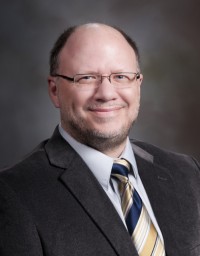
◊◊◊◊◊◊
Dennis Kafura (PI) and co-PIs Cliff Shaffer, Eli Tilevich, Katherine Cennamo, and Jeremy Ernst received funding for a new project entitled “A Scaffolded Data‐Centric Approach to Improved Learning of Introductory Computing Concepts”.
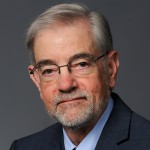

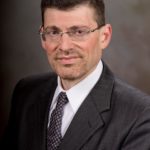
◊◊◊◊◊◊
Yang Cao’s newly funded NSF project, “Identifying and modeling the advantages of regulating protein abundance in Caulobacter crescentus” is a collaboration with John Tyson (VT Biological Sciences) and Kathleen Ryan (UC Berkeley).
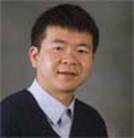
◊◊◊◊◊◊
Ed Fox (PI) and Andrea Kavanaugh received funding from NSF for a new project entitled, “Global Event and Trend Archive Research (GETAR).”

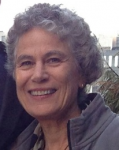
◊◊◊◊◊◊
Chandan Reddy’s newly funded NSF project is entitled, “An Integrated Predictive Modeling Framework for Crowdfunding Environments.”
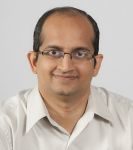
◊◊◊◊◊◊
T.M. Murali and Kurt Luther received NIH funding for their collaborative project “Using Crowdsourced Design to Visualize Effects of Environmental Chemicals on Signaling Networks”.
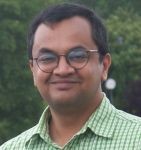
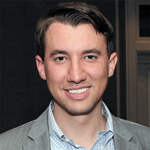
◊◊◊◊◊◊
Adrian Sandu received NSF funding for his proposal “Multirate Multimethod Time Integration Algorithms for Multiscale Multiphysics Problems”.

◊◊◊◊◊◊
C.T. Lu received support from Northrop Grumman for “Cyber and Advanced Data Analytics and Processing.”

◊◊◊◊◊◊
Wu Feng and PhD student Vignesh Adhinarayanan received the Best Paper Award at the IEEE International Symposium on Workload Characterization.

◊◊◊◊◊◊
Kirk Cameron and colleagues came in second in MagPi’s top 50 Raspberry Pi projects for SeeMore. Read more at http://magpi.cc/Issue-50.